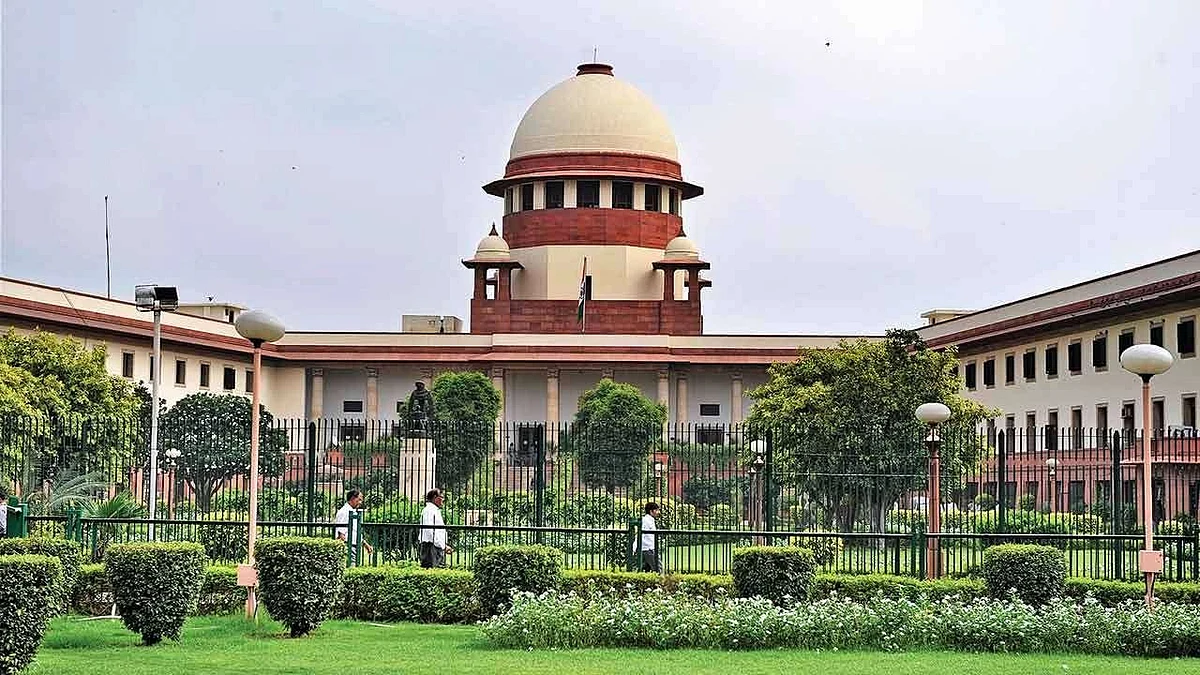Herald View: Judicial prejudice is a threat to justice
Courts must act under the Constitution, not above it

Cavalier. Revengeful. Those aren’t words one expects to hear in the context of the Indian judiciary, particularly our Supreme Court, whose wisdom and sagacity citizens implicitly trust. Yet in two cases in less than a month, different civil society groups have been anguished enough to do just that, when, first, in the Zakia Jafri case, the apex court asked the pursuers of justice to be “put in the dock” simply for seeking justice, and then, in the Nupur Sharma case, accused the former BJP spokesperson of “single-handedly setting the nation on fire”.
The pursuers of justice in the two cases stand on opposite sides of the ideological spectrum, and it is reasonable to presume that both had complete faith in the court and expected a fair and unimpeachable verdict. Yet now the Constitutional Conduct Group (CCG), consisting of several wellknown bureaucrats of their time and public intellectuals, have been compelled to write an open letter seeking the withdrawal of the kind of observations that immediately led the Gujarat police to arrest a leading human rights activist and two police officers, who fought fearlessly over the years to bring justice to the victims of the 2002 Gujarat riots.
The Constitution spells out the remit of the three organs of state—the Executive, the Legislature and the Judiciary—in no uncertain terms. Over the seven-plus decades of independence, citizens have by and large believed justice will be served in the highest court of the land; they have also come to expect exemplary restraint and sobriety in the pronouncements of the judges. It is no wonder, then, that the CCG has been shocked by the evidently intemperate words used in at least one of the present cases.
In the context of another Supreme Court, which recently disappointed by overturning a liberal judgment from 50 years ago, Irving Kaufman, a US jurist, had once said, “The Supreme Court’s only armour is the cloak of public trust, its sole ammunition, the collective hopes of our society.”
The open letters from the two sets of anguished public intellectuals makes one wonder whether our Supreme Court’s armour is in danger of being breached and Indian society at risk of losing its implicit faith in the institution it once revered. To paraphrase former US president Franklin Roosevelt, supreme courts must act under the constitution, not over and above it.
Clearly, the signatories to the two open letters believe the disparaging and intemperate remarks of the two benches were unconstitutional. Which is why they have petitioned the Chief Justice of India for a suo motu course correction and a restoration of justice to the appellants and petitioners. Justice, not prejudice, is what the signatories seem to be demanding—and that is indeed as it should be. Laws, not individual opinions, should prevail in courts of justice. Governments come and go but the judiciary, not counting individual judges, is a permanent institution. As the last bastion of justice, the Supreme Court must defend the Constitution and constitutionality with all the authority at its command.
(This was first published in National Herald on Sunday)
Follow us on: Facebook, Twitter, Google News, Instagram
Join our official telegram channel (@nationalherald) and stay updated with the latest headlines
